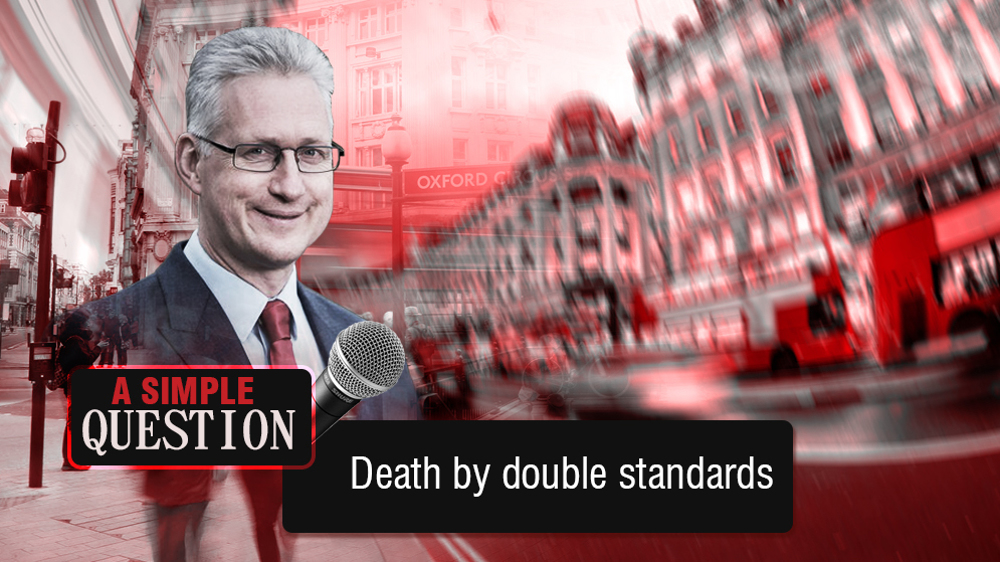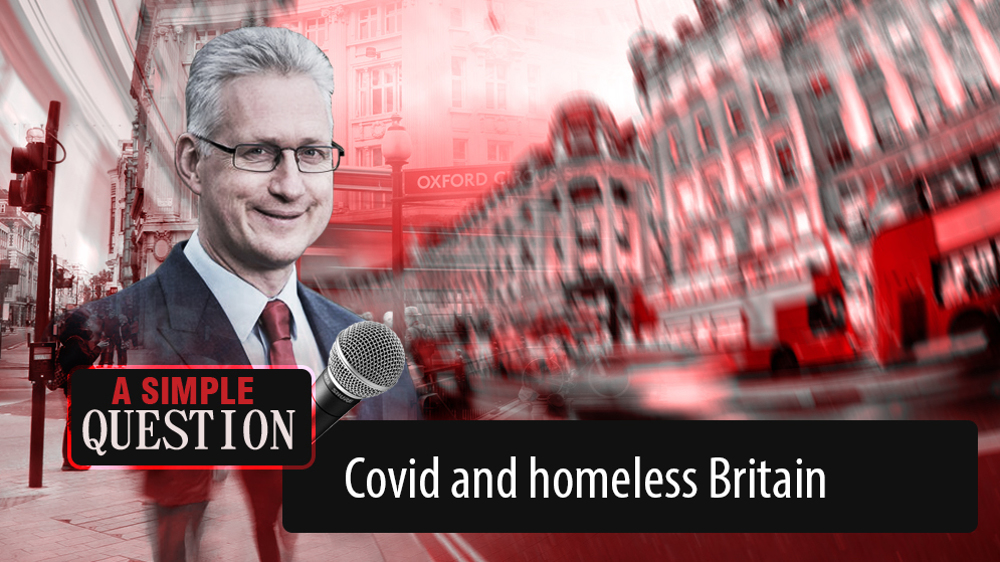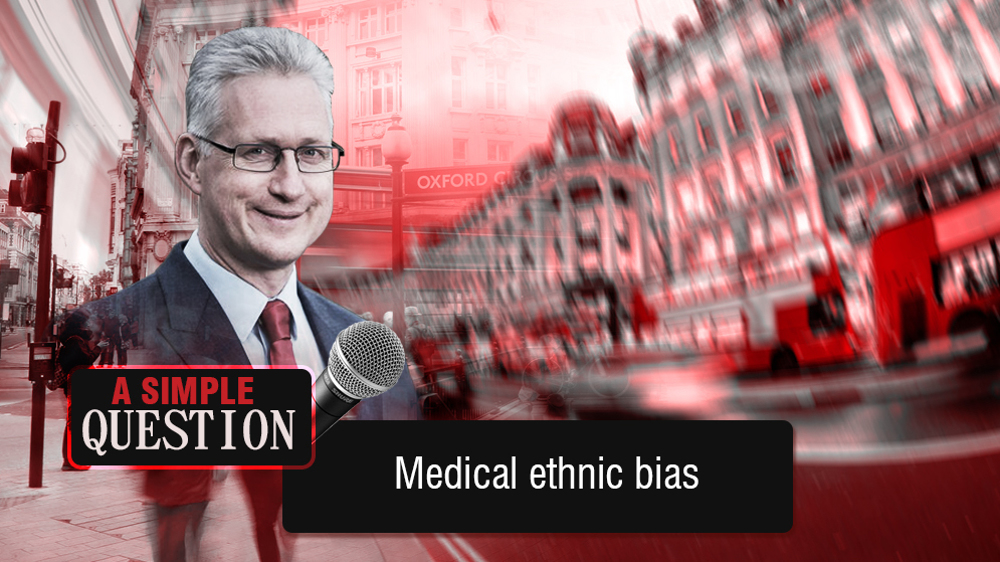UK Rise of Poverty
To outline the rise of poverty in the UK and to outline the effects of Austerity enforced by the Conservative Government and Theresa May
In Britain, the rich seem to get richer as the poor get poorer. Across the country, incomes of the least wealthy households in the United Kingdom fell again, pointing to a rising trend in poverty. Data from the Resolution Foundation showed that there are over eight million low and middle-income households in Britain, just under half of which have children. These families cant save money and cant work themselves out of the poverty trap they live in.
Inflation added to the problem, rising above 3 per cent in 2017, mainly due to the record slump in the value of sterling after the Brexit vote, while average wages remained weak by historic standards. As part of its drive to eradicate the overall deficit, the Conservatives have, since 2015, cut back on tax credits, child benefit and housing benefits.
The research shows other Governments have done better. Under Labour, child poverty fell in the 2000s, dropping from 3 million to around 1.6 million. If correct, this implies that the previous Labour government actually delivered on its pledge to halve child poverty. But just after the Conservative took power, child poverty appears to have been rising At the same time, there seems to have been an increase in the share of incomes going to the top 1 per cent of earners.
Press TV’s website can also be accessed at the following alternate addresses:
www.presstv.co.uk









 This makes it easy to access the Press TV website
This makes it easy to access the Press TV website